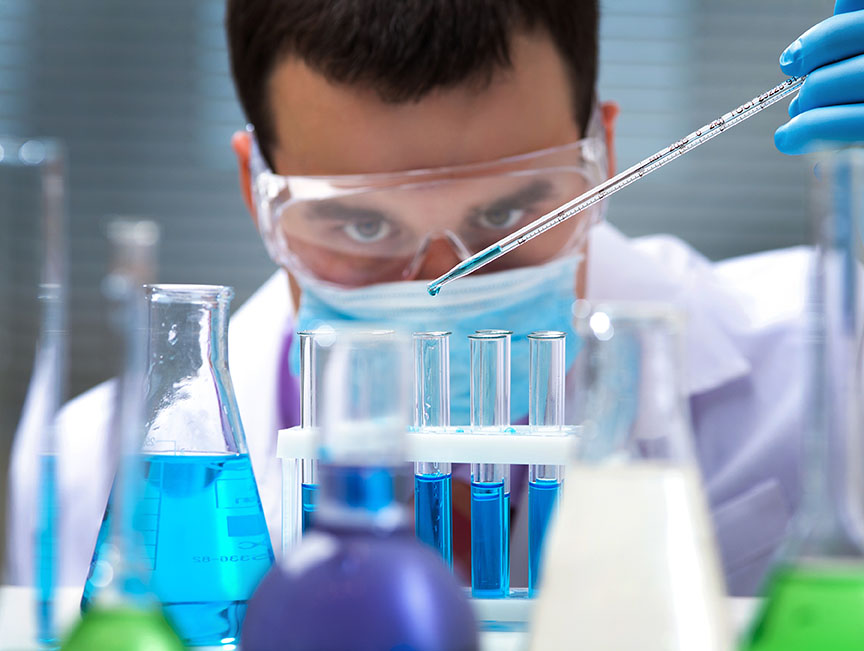

An experiment is a test that is done to learn more about how something works. Experiments are often done in science class to learn about different scientific concepts.
To do an experiment, you need to have a hypothesis. A hypothesis is an educated guess about what you think will happen. You also need to have a control group and a test group. The control group is the group that does not change, and the test group is the group that changes.
Once you have your hypothesis and your groups, you need to collect data. Data is information that you gather during the experiment. You can collect data by observing what happens, by measuring things, or by taking pictures.
After you have collected your data, you need to analyze it. This means that you need to look at the data and see if it supports your hypothesis. If it does, then your hypothesis was correct. If it does not, then you need to change your hypothesis or do more experiments.
An experiment is a test or trial that is conducted to gather data or to prove or disprove a hypothesis.

Noun: experiment, trial, test.
Adjective: experimental, experimentalist.
Verb: to experiment, to try out.
Synonyms: trial, test, research.
The word "experiment" comes from the Latin word experimentum, which means "trial, experience." It was first used in English in the 14th century, and it is still used today to refer to a test or trial that is conducted to gather data or to prove or disprove a hypothesis.
What is an experiment?